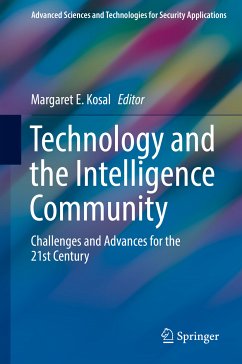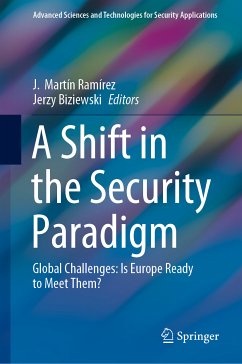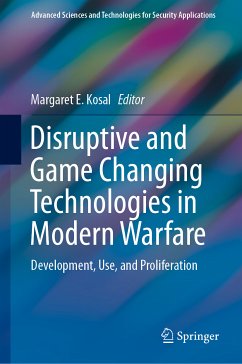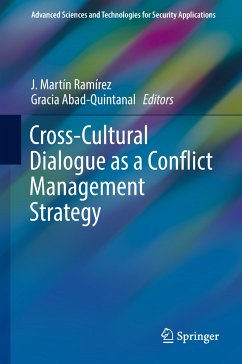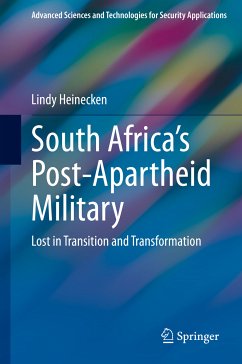
The Great Power Competition Volume 2 (eBook, PDF)
Contagion Effect: Strategic Competition in the COVID-19 Era
Redaktion: Farhadi, Adib; Masys, Anthony
Versandkostenfrei!
Sofort per Download lieferbar
96,95 €
inkl. MwSt.
Weitere Ausgaben:

PAYBACK Punkte
48 °P sammeln!
Even before the outbreak of the COVID-19 pandemic, the Central Region faced numerous obstacles to building a stable and prosperous future. The region, which encompasses the Middle East, the Horn of Africa, Central Asia, and South Asia, has been plagued by economic and political uncertainty amidst dramatic shifts in the global power structure. With the pandemic now exacerbating the volatility in this already fragile region, the U.S.'s strategic objectives are rife for re-examination.A complicated stew of factors such as weakening of established governance systems, the emboldening of extremist i...
Even before the outbreak of the COVID-19 pandemic, the Central Region faced numerous obstacles to building a stable and prosperous future. The region, which encompasses the Middle East, the Horn of Africa, Central Asia, and South Asia, has been plagued by economic and political uncertainty amidst dramatic shifts in the global power structure. With the pandemic now exacerbating the volatility in this already fragile region, the U.S.'s strategic objectives are rife for re-examination.
A complicated stew of factors such as weakening of established governance systems, the emboldening of extremist individuals and groups through advances in digital technology, the humanitarian crises in Afghanistan and Syria, and the intensification of the great power competition with China and Russia are creating a fertile environment for the growth of violent extremist organizations (VEOs). Such organizations take advantage of vulnerable, aggrieved, and traumatized populations to fuel radicalization, recruitment, and unrest, which further undermine stability and the potential for peace and prosperity.
While it is still early to fully understand how the ongoing response to the COVID-19 pandemic will impact U.S. policy, this book provides a timely analysis of relevant dynamics such as popular radicalization, digital information ecosystems, networks of influence, and new capabilities to recognize and prepare for other such black swan events in the region.
A complicated stew of factors such as weakening of established governance systems, the emboldening of extremist individuals and groups through advances in digital technology, the humanitarian crises in Afghanistan and Syria, and the intensification of the great power competition with China and Russia are creating a fertile environment for the growth of violent extremist organizations (VEOs). Such organizations take advantage of vulnerable, aggrieved, and traumatized populations to fuel radicalization, recruitment, and unrest, which further undermine stability and the potential for peace and prosperity.
While it is still early to fully understand how the ongoing response to the COVID-19 pandemic will impact U.S. policy, this book provides a timely analysis of relevant dynamics such as popular radicalization, digital information ecosystems, networks of influence, and new capabilities to recognize and prepare for other such black swan events in the region.
Dieser Download kann aus rechtlichen Gründen nur mit Rechnungsadresse in A, B, BG, CY, CZ, D, DK, EW, E, FIN, F, GR, HR, H, IRL, I, LT, L, LR, M, NL, PL, P, R, S, SLO, SK ausgeliefert werden.








